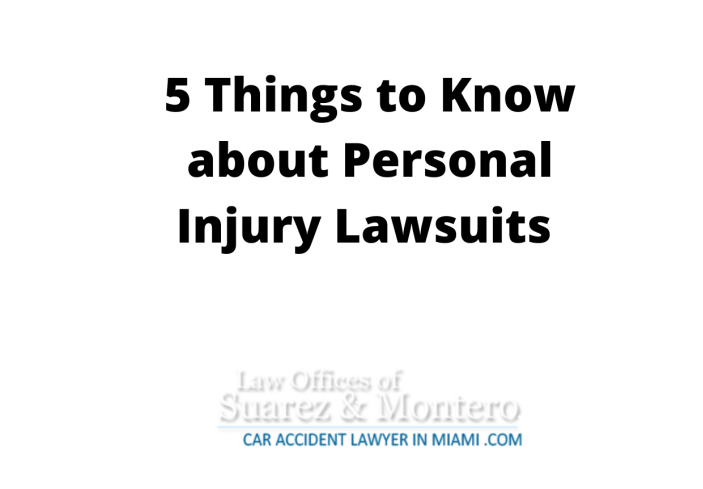
Personal Injury Compensation: How Much Is Your Case Worth?
How much is your case worth? Good question! It is often a complicated process to determine how much a case is worth. The ultimate answer to the question “How much is my case worth?” is “Whatever the jury thinks it is worth.” However, the context in which this question comes up is usually connected to the question how much to value a case for possible settlement purposes in order to avoid having a jury determine the ultimate outcome. Whenever you make a legal claim against someone else both you and the person’s insurance company will want, if possible, to reach a settlement in the case. No one wants to go to trial and face the chaotic unknown of how much or how little a jury award might be. In order to settle a claim, though, the two sides must come to an agreement as to how much the case will settle for. You, the plaintiff, must determine the least you will accept, and the defendant must determine the most they are willing to pay out on your claim. If these numbers overlap, the case will settle.
Factors That Affect Value of Personal Injury Case
Overall, how much money a jury will arrive at in its verdict is a very difficult thing to predict. Jurors are chosen at random from among the members of the community. As such, every jury is going to be made up of a different set of people with different beliefs, genders, occupations, races, economic situations, etc. On one day, a chosen jury might be totally different than a jury chosen the next day. One day the jury might be mostly liberal; the next, mostly conservative. One jury might be mostly men and another, mostly women; one jury might be mostly middle class and another, mostly poor. One jury might be mostly Catholic and another mostly Protestant and so on. The best that one can do is to look for traits in the community as a whole from which the jury will be chosen. A personal injury case might be worth more in a county where people make more money than in a county where unemployment is high. Remember, these are statistical stereotypes that do not always pan out. Juries often do not do what statistics say they should. This unpredictability is one of the reasons that personal injury lawyers prefer to settle cases in the pre-trial stage. Another important consideration is the strength of proof of the plaintiff’s damages. In other words, is it clear how extensive the plaintiff’s injuries are and is it also clear that those injuries were caused by the accident? A lost limb in an accident is much more clearly and easily linked to an accident than, say, lower back pain or so-called soft tissue injuries even when there is real, serious damage. The clearer the damages and the clearer the connection between the injuries and the accident, the easier it is to prove the case to a jury. Keep in mind also that most of the proof regarding these issues must be based on opinions from doctors. As such, it is much more helpful if the plaintiff’s doctor will give an opinion that the accident caused a certain injury than if he says he does not know. Doctors are frequently noncommittal on the causation of an injury from an accident. Furthermore, if the plaintiff’s own doctor says an injury is not related to the accident, the judge will often not allow the claim for that injury to be presented to the jury.
Contact a Personal Injury Attorney Today!
So how does each side determine how much it believes the case is worth? The process is complicated and involves many factors. Here are some of the most common factors that may determine how much your personal injury case is worth: whether or not there is a question about who is at fault; whether either party is well known in the community where the case will be tried; and the cost in fees, time and other expenses to take the case all the way to trial. Only through experience and training can a lawyer interpret and analyze these factors. As far as the law is concerned, there are variations throughout the states as to the law of auto accidents, but many of the core concepts are essentially the same. No matter the type of injury sustained, all injury victims must prove fault to obtain compensation. Our attorneys are ready to provide proven legal representation and stand ready to protect your rights. We are available 24/7 to give you a free, no risk case consultation!
We serve clients throughout Florida including those in the following areas:
Miami-Dade: Aventura, Coral Gables, Doral, Fontainebleau, Hialeah, Homestead, Kendall, Miami, Miami Beach, Miami Lakes, North Miami, Tamiami, and Westchester.
Broward: Fort Lauderdale, Hallandale Beach, Hollywood, Pembroke Pines, and Weston; and Palm Beach County including Boca Raton, Lake Worth, and West Palm Beach





